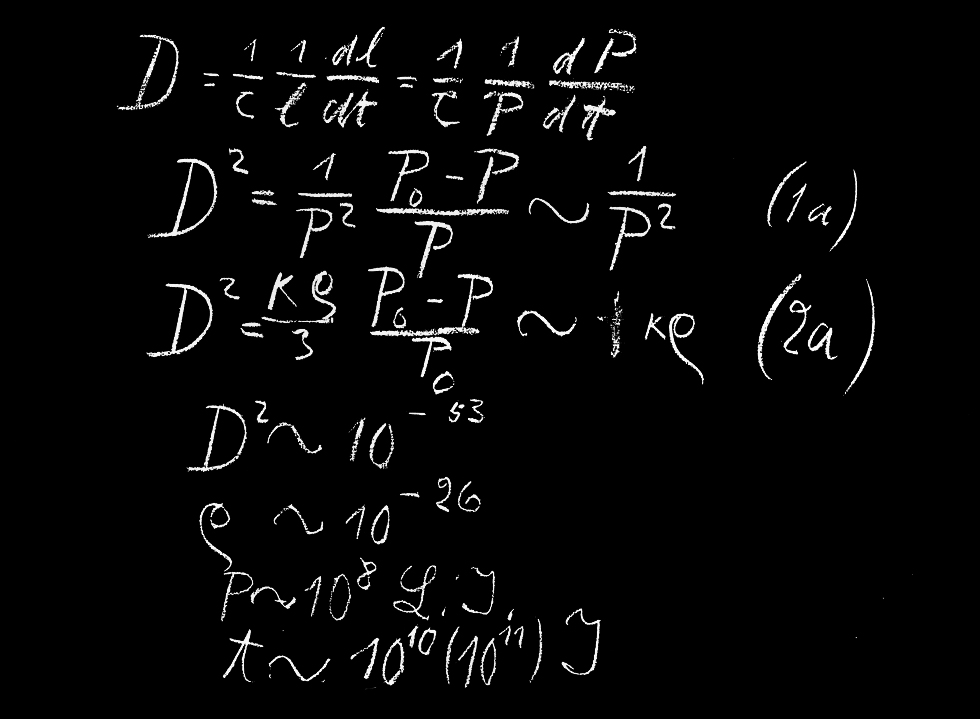
This equation could be memorised. But with layering, you’re more likely to remember it seventeen years from now
Does the brain learn through memorisation?
Most people would think so.
And those people would be partially wrong.
Of course, you don’t have to believe me.
Because we’re going to do a simple test of memory.
So you studied for your examinations in school right?
And you had a hated-subject, but you also had a favourite subject.
Now let’s take your favourite subject (whatever it was).
And let’s give you that exam paper to write once more.
You know what happens next, don’t you?
Your memory is going to fail you. Yet, if you step back into your memory, you’ll sure as heck remember a picnic. Or a day at the zoo. Or some incident. And what’s amazing is that you’ll remember it with a decent amount of detail.
So what’s really happening here? Is it that school was too boring, and the zoo was more exciting?
Or is there something else at play?
There is something else, and it’s called layering.
Layering works in um, layers.
Like a movie it rolls out in your brain, enabling you to build one layer over another.
And memory forms the crucial role of remembering what you learned yesterday, and the day before, and the year before. But without layering; without that movie running in our heads, the memory is just a bunch of bits and bytes. It has little intrinsic value.
And a combination of memory and layering is what causes talent.
So as a child, you learn how to write the letter A.
Then you remember it.
Then you layer the letter A with an object. e.g. apple, or aromatheraphy (just kidding!)
The association is the factor of learning. And develops a talent for writing the letter A.
By itself, the letter A has no value. But with memory and layering, that letter enables you to create words, sentences and a lot more.
The brain depends heavily on memory.
But without layering, that memory becomes useless.
As useless as the information you learned in school, and promptly forgot after the exam.
So where does this take us when we’re developing a talent?
Talent requires layering.
So if you’re learning a skill, you have to learn a bit about drawing.
Then a bit about physics. Then a bit about woodworking. Then a bit about badminton.
And relate it back to your memory of drawing.
It’s when you put all these layers together, that you start to become an outstanding artist.
Or an outstanding singer.
Or an outstanding whatever.
Memory has its role. But layering, ah now that’s quite something else!
Watch this video: It’s quite fascinating…and very well made! (You’ll need to be reading this post online to see the video).
